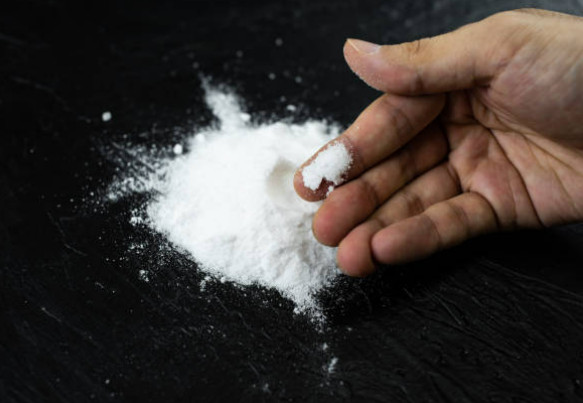Is Dicalcium Phosphate Natural or Synthetic?
Dicalcium phosphate is a commonly used food additive. It is used as a calcium supplement in animal feed and as a leavening agent for baked goods. While it is a widely accepted additive, there is some confusion as to whether it is natural or synthetic. In this article, we will explore the various prospects of dicalcium phosphate and whether it can be categorized as natural or synthetic.
The Definition of Dicalcium Phosphate
Dicalcium phosphate is a chemical compound consisting of the elements calcium, hydrogen, and phosphate. It is commonly used as a dietary supplement to provide additional calcium to both humans and animals. In the food industry, it is often used as a leavening agent in baked goods. Dicalcium phosphate can be found in both natural and synthetic forms.
Natural Dicalcium Phosphate
Natural dicalcium phosphate is typically mined from mineral deposits and processed into a fine powder. This fine powder can be used as a dietary supplement or as an additive in food production. The natural form of dicalcium phosphate is often more expensive than the synthetic form due to the cost of mining and processing the mineral.
Synthetic Dicalcium Phosphate
Synthetic dicalcium phosphate is typically manufactured using a chemical reaction between calcium carbonate and phosphoric acid. This reaction results in a white, odorless powder that is often used as a calcium supplement in animal feed. The synthetic form of dicalcium phosphate is often more cost-effective than the natural form.
The Use of Dicalcium Phosphate in Food Production
In food production, dicalcium phosphate is often used as a leavening agent. It reacts with baking soda to produce carbon dioxide, which causes baked goods to rise. Dicalcium phosphate is also used as a dough conditioner, as it can improve the texture and stability of bread dough. In addition, it is often added to breakfast cereals to provide additional nutrients.
The Role of Dicalcium Phosphate in Animal Feed
Dicalcium phosphate is commonly used as a calcium supplement in animal feed. It is often added to the diets of cows, chickens, and other livestock to ensure that they receive enough calcium to maintain healthy bones and teeth. In addition, dicalcium phosphate is often used as a source of phosphorus, which is critical for proper muscle and nerve function.
The Safety of Dicalcium Phosphate
Dicalcium phosphate is generally recognized as safe by the FDA. It has been used as a food additive for decades without any known adverse effects. However, it is important to note that excessive intake of calcium can lead to adverse health effects, such as kidney stones and constipation. Therefore, it is important to consume dicalcium phosphate in moderation.
The Benefits of Dicalcium Phosphate
Dicalcium phosphate has a number of potential health benefits. It provides the body with a source of calcium, which is critical for bone and teeth health. In addition, it can help to improve the texture and stability of baked goods, making them more appealing to consumers. Dicalcium phosphate is also an important source of phosphorus, which is critical for proper muscle and nerve function.
The Drawbacks of Dicalcium Phosphate
While dicalcium phosphate is generally safe, excessive intake of calcium can lead to adverse health effects. In addition, the production of synthetic dicalcium phosphate can have negative environmental impacts. The manufacturing process requires large amounts of phosphoric acid, which can be harmful to the environment if not properly handled.
Conclusion
Dicalcium phosphate is a commonly used food additive that can be found in both natural and synthetic forms. While it is generally considered safe, it is important to consume it in moderation to avoid adverse health effects. Synthetic dicalcium phosphate is often more cost-effective, but can have negative environmental impacts. As with any food additive, it is important to weigh the benefits and drawbacks before incorporating it into your diet.

